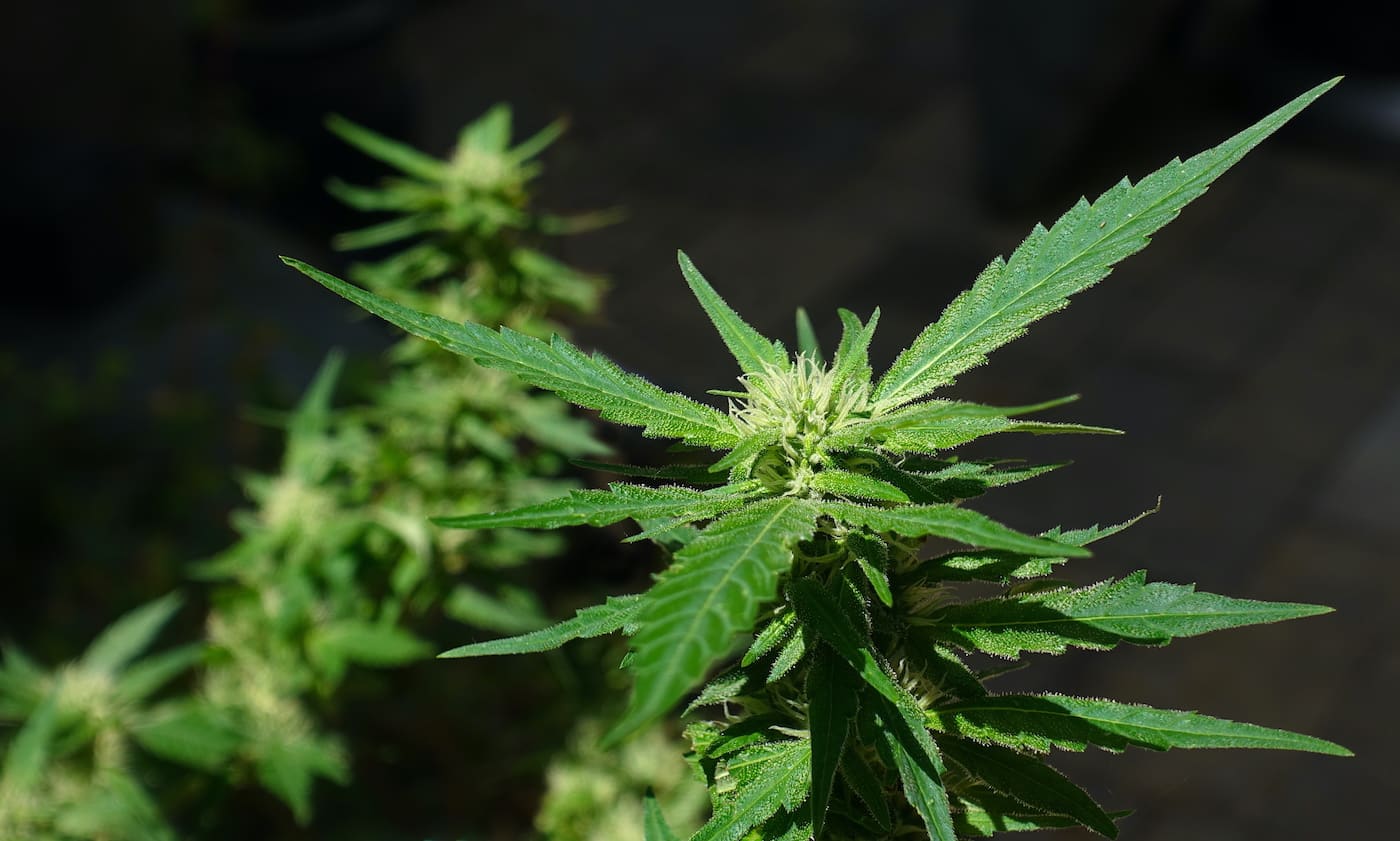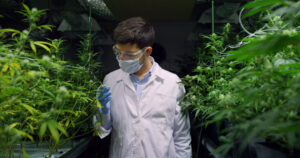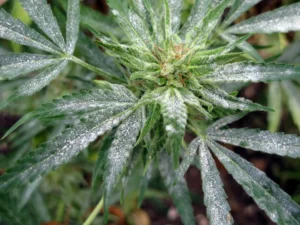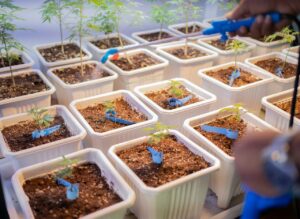Gender is a controversial topic in hemp cultivation. Recently, Oregon CBD made a statement on its social media accounts, calling for the end of male hemp cultivation outdoors in Oregon and other areas that are currently devoid of feral hemp populations. An excerpt from the post says:
“We have fought in the OR state legislature since 2014 to ban male plants from hemp cultivation in Oregon, knowing full well the ecological destruction that would eventually despoil our home and one of the world’s most incredible cannabis production environments if action was not taken. Year after year now, farmers have been gravely affected by bad actors making poor farming choices and using males outside.”
Hemp farms are popping up everywhere, especially in Oregon. According to The Oregonian, the number of licensed hemp growers has climbed from 13 to 584 since 2015. Hemp acreage has also grown from 0 to 11,000 acres in the same time period. With the passage of the Farm Bill, this trend will repeat in other states.
Outdoor production is preferable for hemp cultivators because they can grow more for less. After all, outdoor cultivators don’t need to invest in lighting or environmental controls, which are arguably two of the most expensive items in an indoor cultivation facility. However, farmers who are new to the hemp plant may not recognize the risk male cannabis plants can pose to their crop and their neighbors.
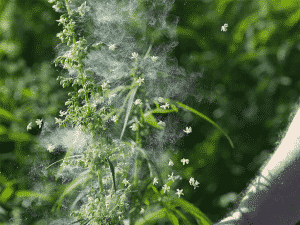
Source: http://hemplogic.blogspot.com
Why Ban Outdoor Males?
Male hemp and cannabis plants produce pollen, which fertilizes female plants and causes them to produce seeds. For industrial hemp growers producing grain or fiber, this is not a problem. Industrial hemp is often harvested for its nutritious seeds or fibrous stalk, not its cannabinoid and terpene-rich flower.
However, seeded flower is the last thing a hemp farmer wants when the goal is to extract non-psychoactive cannabinoids. When a hemp crop is pollinated, that crop loses 50% of its biomass and 30% of its total cannabinoid content. This is because energy that would have been spent producing big, resinous flowers was put towards producing seeds.
Rogue pollen is also a threat to seed producers, and Oregon CBD has experienced the problem firsthand. In 2016, pollen from Oregon CBD’s neighbor cross-pollinated several greenhouses full of plants meant to produce CBD-rich feminized seeds. Some of the resulting seeds were high in THC and male, making them unmarketable. Oregon CBD calculated the losses to exceed $8 million.
Since the incident, Oregon CBD now produces all of their seed in sealed greenhouses year round to ensure no cross-contamination from rogue pollen. In fact, the company operates 5 separate indoor / greenhouse production facilities, spanning 100k sq. ft. of space.
Banning commercial cultivators from growing males outdoors would all but eliminate the risk of cross-pollination because Oregon is free of feral hemp. Also known as “ditch weed” ferral hemp grows wild in ditches and untended fields in the midwest, presenting a persistent problem to outdoor cultivators in the region.

How Would Regulators Police a Ban on Males?
According to Oregon CBD Co-Founder Seth Crawford, next-generation sequencing technologies can be used to genetically identify invading pollen and tie it back to the offender. In fact, part of Oregon CBD’s new Hilltop Plant Science Center will be dedicated to assisting affected farmers by pinpointing the negligent parties and providing data that can be used in punitive lawsuits.
When a plant is pollinated, the resulting seed contains genetic information from the female carrying it and the offending pollinator. With a comprehensive database of their own library of plants made possible through high resolution, long read sequences (PacBio SeqWell) and the recently released Jamaican Lion assembly from Medicinal Genomics, the company can help farmers determine the source responsible for crop loss, rule out self-pollination, and pinpoint offending parties if legal action ensues.
“Solving this problem requires multiple approaches,” said Crawford. “We need to address this threat legislatively, legally, scientifically, and through communication with fellow farmers. Otherwise, we risk the permanent destruction of a premier cannabinoid production zone—this is not the legacy we want to leave our children.”
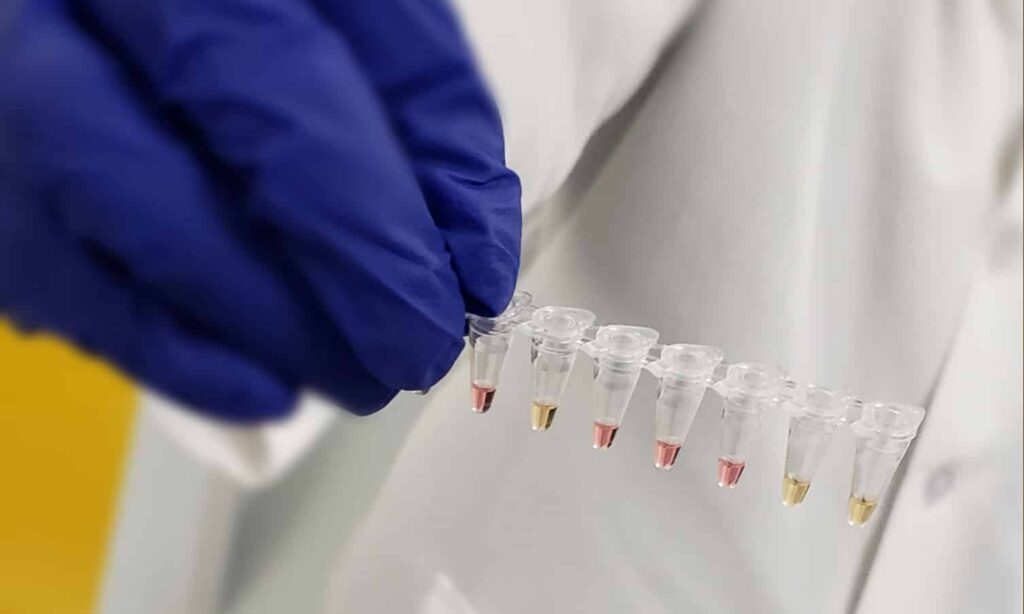
How Can Growers Ensure Their Fields are Female?
Regardless of any ban, outdoor cultivators should be considerate of their neighbors and do their best to prevent compromising another farmer’s crop with male pollen. The easiest way to prevent planting males outdoors is to purchase feminized seeds. If that’s not an option, cultivators can use the youPCR platform to identify male cannabis plants while they are still in the seedling tray, ensuring the plants they plant in the field are female. The youPCR Gender Assay detects the Y chromosome in the plant’s DNA. If the Y chromosome is present, a chemical reaction will turn the pink solution yellow, indicating a positive result.

